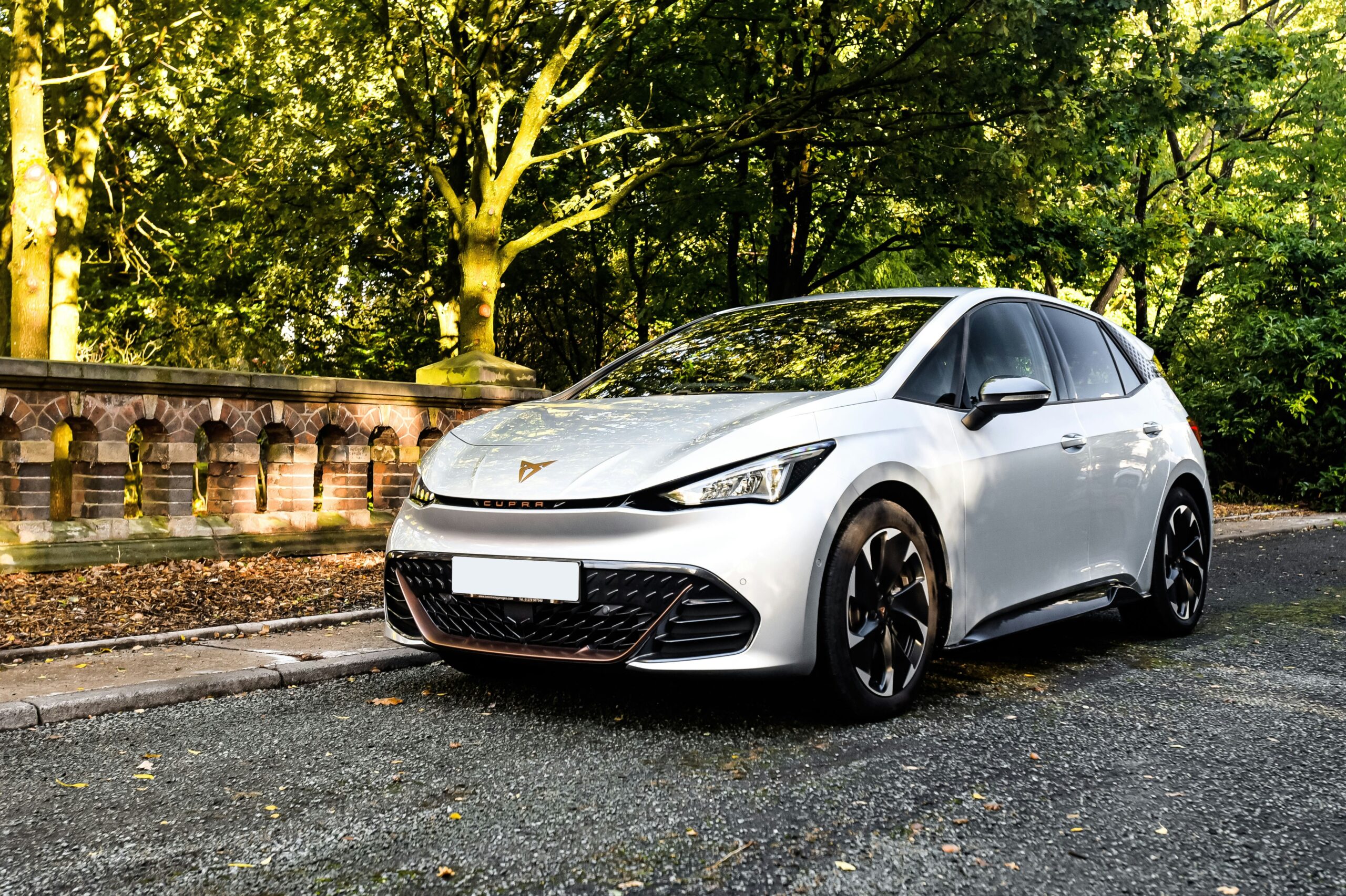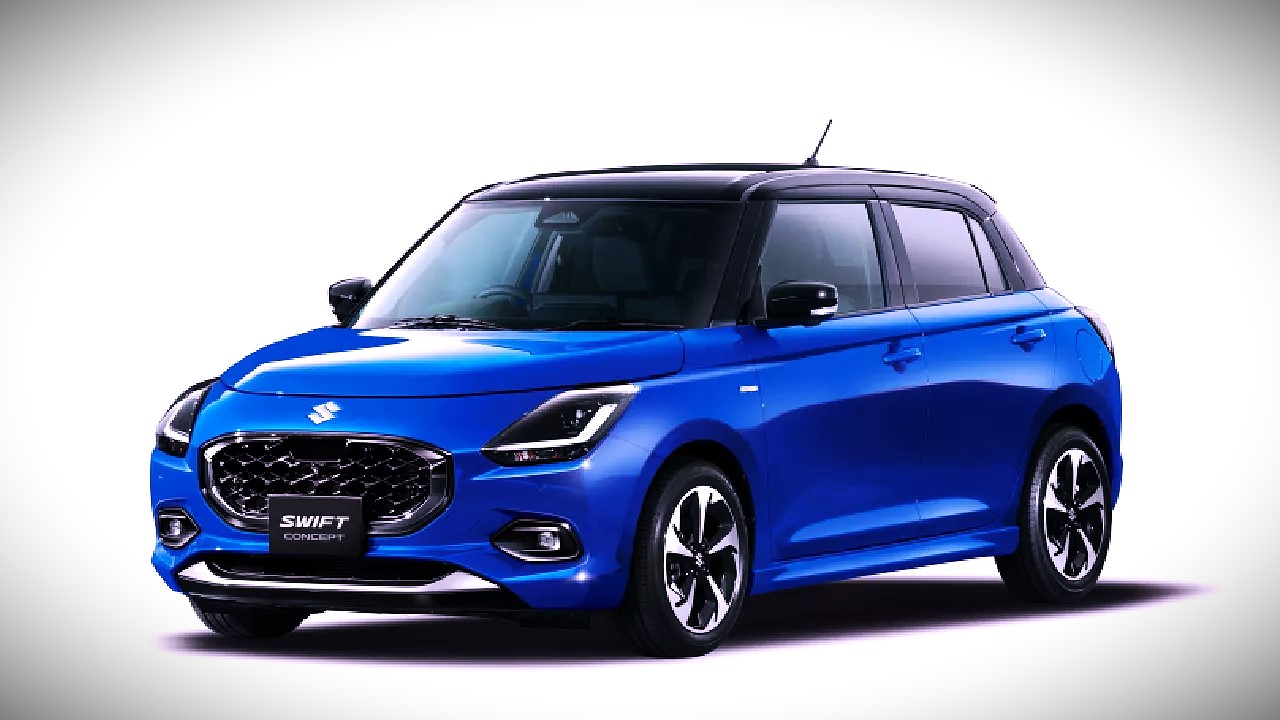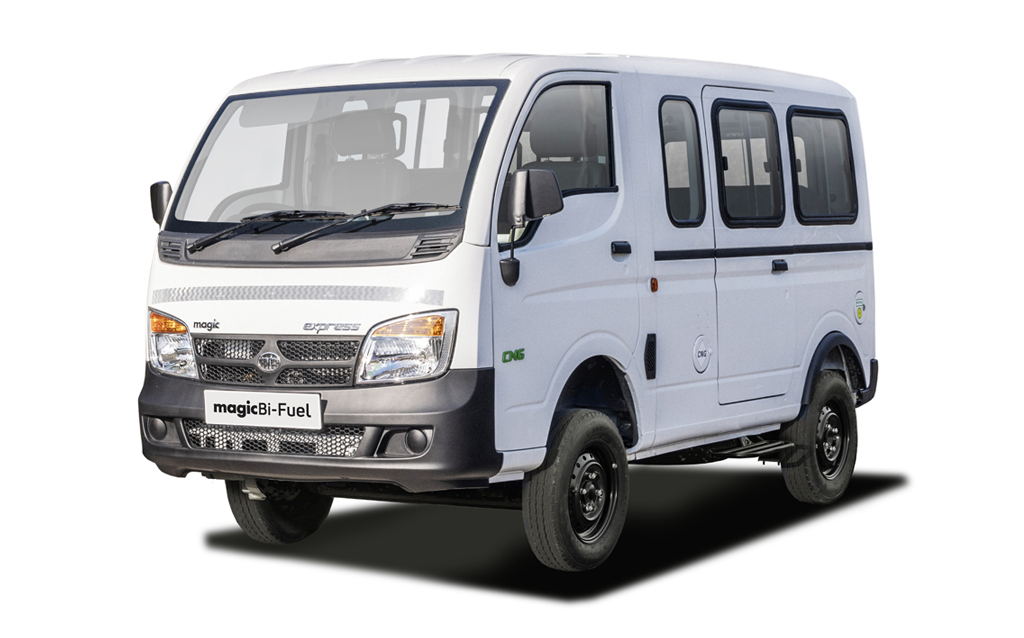The Top 10 Most Popular Electric Vehicles in India: Mileage and Features Revealed
October 22, 2024 | by realfactinfo.com

Introduction to Electric Vehicles in India
The electric vehicle (EV) market in India is experiencing remarkable growth, driven by a confluence of environmental awareness, rising fuel prices, and significant advancements in automotive technology. As urban air quality deteriorates and climate change concerns mount, the demand for cleaner, more sustainable modes of transport has grown exponentially. The Indian government has recognized the urgency of this transition and has implemented various initiatives to promote electric mobility. Programs like the Faster Adoption and Manufacturing of Hybrid and Electric Vehicles (FAME) aim to enhance the charging infrastructure, reduce costs, and increase the adoption of electric vehicles across the country.
One of the key factors contributing to the increasing popularity of EVs in India is the pressing concern over air pollution levels. Major cities in India frequently encounter severe smog, prompting a push towards cleaner transportation solutions. By adopting electric vehicles, individuals not only reduce their carbon footprint but also contribute to improved public health and sustainability. Moreover, fluctuating fuel prices have made conventional vehicles less economically viable for many drivers, prompting an exploration of cost-effective alternatives like electric cars and bikes.
Additionally, technological advancements have made electric vehicles more accessible and appealing to consumers. Innovations in battery technology have led to the development of models that offer extended ranges, faster charging times, and improved performance. This evolution is critical for addressing range anxiety, a significant concern for prospective electric vehicle owners. As the landscape of electric mobility continues to evolve in India, it is evident that these vehicles are set to play a central role in the future of transportation, making it essential to explore specific models and their unique features in the subsequent sections.
Criteria for Evaluating the Most Popular EVs
Determining the popularity of electric vehicles (EVs) in India involves a comprehensive analysis of various factors. The foremost criterion is the sales figures, which provide a quantitative measure of how well a vehicle is performing in the market. High sales figures often indicate consumer trust and preference, reflecting the vehicle’s appeal among buyers.
Customer reviews play a crucial role in shaping the popularity of any product, and EVs are no exception. Reviews from current owners often highlight key features such as performance, comfort, and the overall driving experience. They also shed light on important aspects like the availability of charging infrastructure and the quality of after-sales service, which are critical for potential buyers. A vehicle that is well-reviewed often experiences increased consumer interest, thereby enhancing its popularity.
Brand reliability is another significant factor. Consumers tend to gravitate towards manufacturers with a strong reputation for quality and customer service. Companies that invest in robust after-sales support and demonstrate transparency in addressing customer issues tend to earn loyalty, thereby further bolstering the popularity of their electric models.
Technological features, including advanced safety measures, infotainment options, and smart driving technologies, significantly influence consumer choice. EVs with innovative features often attract tech-savvy customers who value modern conveniences in their vehicles. However, one of the most critical attributes that impact consumer preference is mileage on a single charge. An EV’s range directly affects its usability and convenience, with consumers typically leaning towards models that promise longer journeys without needing frequent charges. As such, incorporating strong mileage performance alongside other features is essential for an EV to be among the most preferred options in the Indian market.
Top 10 Most Popular EVs in India: Features and Mileage
India’s electric vehicle market has gained substantial traction, showcasing a diverse range of models catering to various consumer needs. The following are ten of the most popular electric vehicles (EVs) in India, evaluated based on their features and mileage.
The Tata Nexon EV leads the pack with a robust design and advanced safety features, offering a mileage of approximately 312 km on a single charge. Its spacious interiors and smart connectivity options make it an attractive choice for families.
Next is the MG ZS EV, known for its stylish look and impressive mileage of about 461 km. Its features include a panoramic sunroof and an extensive suite of safety technologies, making it a well-rounded vehicle.
The Kona Electric from Hyundai is another noteworthy entry, delivering a mileage of around 452 km. This model excels in performance, with rapid acceleration and a modern design that appeals to urban drivers.
In the compact segment, the Tata Tiago EV stands out, providing a mileage of approximately 250 km. Its affordability and practicality suit young professionals, offering essential features without compromising quality.
Another vital player is the Ather 450X, a leading electric scooter with a mileage of 116 km per charge. It boasts cutting-edge technology and customizable riding modes, appealing to tech-savvy riders.
The Mahindra eVerito offers a mileage of about 140 km and is tailored for business applications, with ample cab space and decent performance.
The Mahindra XUV400 EV, positioned for versatility, delivers a mileage of around 456 km, integrating multiple driving modes and comprehensive infotainment systems for user engagement.
With its practical design, the BYD Atto 3 offers a range of 521 km per charge and is packed with smart features that set it apart in the market.
The Mercedes-Benz EQC, though a luxury choice, provides an exceptional mileage of 400 km, showcasing a premium ride experience combined with numerous safety innovations.
Finally, the BMW iX, another luxury EV, offers a blend of performance, mileage of about 324 km, and state-of-the-art features that appeal to affluent buyers seeking sustainability without compromising on comfort.
This detailed analysis of the top electric vehicles in India illustrates how various models cater to diverse preferences, from eco-friendliness to cutting-edge technology, ensuring buyers can make informed choices suited to their needs.
The Future of Electric Vehicles in India
The Indian electric vehicle (EV) market is poised for remarkable growth, driven by technological advancements, supportive government policies, and a heightened awareness of environmental issues. The future of electric vehicles in India appears bright, with several upcoming models set to bolster the existing lineup, catering to the diverse needs of consumers. Major automobile manufacturers are investing significantly in EV production, launching new models that promise improved performance and affordability. With several electric SUVs and compact cars on the horizon, the range of choices for consumers is expanding rapidly.
Another pivotal element influencing the future of electric vehicles in India is advancements in battery technology. The development of more efficient and durable battery systems, such as solid-state batteries, is set to address many of the current challenges associated with EVs. These innovations aim to enhance the driving range of electric vehicles, reduce charging times, and lower costs, ultimately making electric mobility not only feasible but also an attractive alternative for the average consumer.
Government initiatives further solidify the foundation for electric vehicle growth. Policies such as the Faster Adoption and Manufacturing of Electric Vehicles (FAME) scheme aim to incentivize both manufacturers and consumers. By offering subsidies and promoting charging infrastructure, the government seeks to make EV adoption easier and more appealing. Coupled with a societal shift towards sustainability, public sentiment is increasingly favorable towards electric vehicles, as consumers become more eco-conscious and recognize the long-term benefits of adopting electric mobility.
In conclusion, the future of electric vehicles in India is shaped by a confluence of technological progress, proactive governance, and evolving consumer preferences. As the automotive industry transitions to greener alternatives, the positive implications for both the economy and the environment are considerable. The commitment to embracing electric vehicles suggests that a sustainable transportation future is not only possible but increasingly probable in India.
RELATED POSTS
View all



